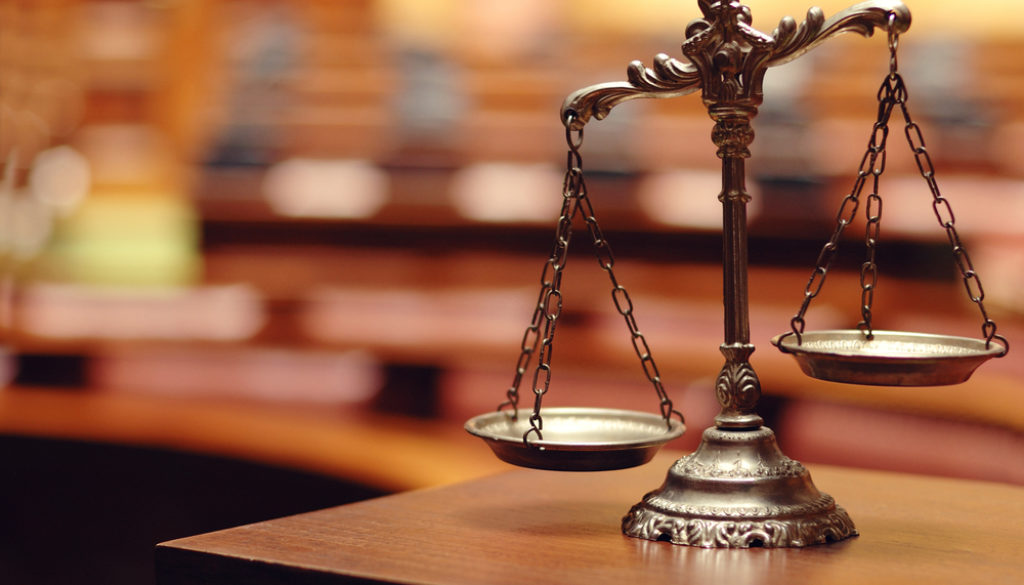If Confirmed, Kavanaugh Would Tilt Supreme Court Against Public Protections
By Matt Shudtz, Center for Progressive Reform
Last night, President Donald Trump set the stage for a contentious debate about American social and economic welfare in the decades to come, nominating a Washington insider with a narrow worldview to the Supreme Court. Brett Kavanaugh’s opinions on issues related to reproductive and civil rights are at the forefront of many voters’ minds, but there’s another danger that deserves just as much attention: What Kavanaugh would do on issues involving protections for consumers, workers, and the environment if confirmed by the Senate.
Trump and the current congressional majority are busy with their attempts at “deconstructing the administrative state.” Kavanaugh might tip the balance in that direction on the Supreme Court, as well, particularly given his record of animosity against sensible safeguards during his time on the U.S. Court of Appeals for the D.C. Circuit. Without the judicial branch to act as a check on the more overtly political branches of our government, Kavanaugh may help usher in an era in which corporate profits are prioritized ahead of the stable climate, clean water, clean air, uncontaminated food, and safe workplaces we all need to survive and thrive.
This Court-driven assault on our safeguards may at times be subtle, with weakened standing or judicial deferencedoctrines, or in-your-face, with past precedent ignored or outright overturned or key protective laws struck down.
Important climate change opinions, such as 2007’s Massachusetts v. EPA, have been under attack by industry-funded think tanks and advocacy organizations since they were decided. Kavanaugh’s confirmation could pave the way for a decision that undermines Massachusetts v. EPA and our government’s ability to be a driving force toward a clean energy future.
Our access to clean water is also at risk. The federal courts are grappling over which former Supreme Court justice’s approach to jurisdiction – Justice Kennedy’s or Justice Scalia’s – should carry the day. Scalia notoriously favored a narrow and impractical approach that severely limits which bodies of water are within EPA’s pollution prevention and wetlands preservation purview, while Kennedy leaned toward a more expansive and functional “significant nexus” test for federal clean water protections. EPA’s leadership team under Trump, including former Administrator Scott Pruitt, has pushed hard for the Scalia interpretation, and Kavanaugh would likely agree with that approach.
People harmed by air and water pollution are among the many groups who rely on courts when the actions or inactions of the powerful harm underserved communities. There are several climate justice cases working their way through the courts, some filed by cities and states, others filed by individuals, including children. Whether it is one of these cases, a consumer protection case, or a case related to workers’ rights, the Supreme Court will determine whether everyday people will be able to open the courthouse doors. If confirmed, Kavanaugh would likely be the deciding vote in a significant number of those cases.
Senate Majority Leader Mitch McConnell may attempt to rush a confirmation vote before the November midterm elections, but senators should carefully consider Kavanaugh’s background and judicial record to determine if he is the right fit. Americans from all walks of life deserve a Supreme Court filled with justices who represent a diversity of lived experiences. It is that richness of character that ensures the enduring decisions will promote our collective welfare.
Judge Kavanaugh’s extensive record on regulatory safeguards and on the government’s role in protecting and advancing the public interest shows neither is something he has held in high regard during his time on the bench.
The Senate is not a rubber stamp for Supreme Court nominees, and the threat Kavanaugh poses to our public protections and the rule of law demands the most careful consideration, something we expect from responsible members of the Senate.

